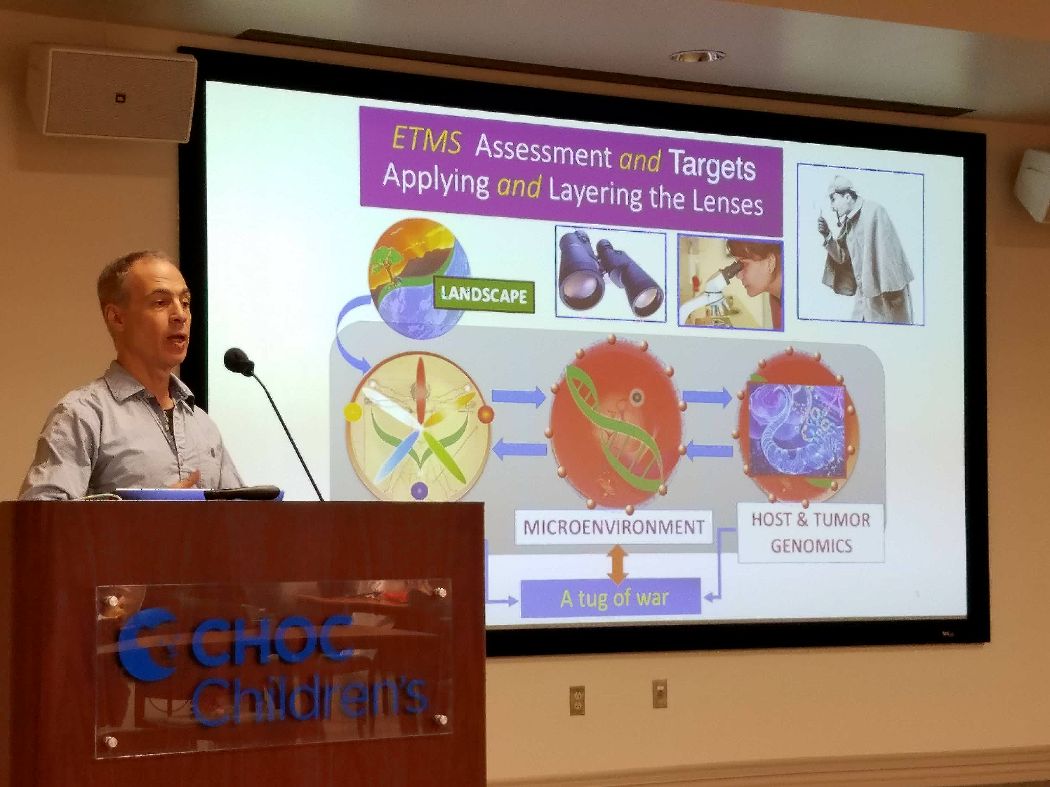Research
Through documenting and compiling case studies and other clinical data, Mederi aims to demonstrate the efficacy of using botanical and nutritional medicine in improving the health, lifespan, and quality of life of people with cancer and other chronic diseases. Mederi has developed a world-class research database comprising more than 2,000 articles and studies, totaling more than 25,000 pages that discuss the medicinal effects of herbs, nutritional agents, and specific botanical compounds, as well as pharmaceuticals, biomedical diagnostics, and biomedical disease classification. Mederi also partners with medical institutions to conduct clinical trials that compare Mederi Care® (also known as Eclectic Triphasic Medical System™ or ETMS) with conventional treatment of patients with cancer and other diseases.
Several research initiatives and long-term goals include:
- complete research studies already underway
- continue to serve as a trusted source for the latest research, clinical trials, and relevant news and information from around the world for our colleagues
- do more research and publishing, and expand our patient care services at Mederi Center so that we can establish a model for other wholistic centers around the country
Mederi Center's Ground-Breaking Breast Cancer Research
Dr. Kathryn Niemeyer, nurse practitioner, herbalist, and researcher partnered with Mederi Center on a non-interventional cross-sectional descriptive breast cancer research study designed to better understand the treatment experience of women with breast cancer who undergo conventional cancer treatments along with herbal, nutritional, and dietary medicine protocols. Dr. Niemeyer also used mixed data collection methods to evaluate whole-person quality of life, well-being, and subjective symptom experiences of over thirty patients with breast cancer as they engaged in integrative cancer treatment. Her findings were published in Integrative and Complementary Therapies, the leading journal delivering practical and evidence-based research on integrating alternative medical therapies and approaches into private practice or hospital integrative medicine programs.
Key findings include:
- Thirty-three medical records were reviewed during the study for qualitative responses provided during Mederi Center treatment and for symptom/biological monitoring. Findings for the Self-Assessment of Change (SAC) showed positive change (from before treatment to now) in all the whole person quality of life parameters.
- The greatest change was from feeling overwhelmed to empowered, hopeless to hopeful and in the physical domain, the greatest change was for sleep. Subjects reported being treated for symptoms categorized into 14 different categories with mental and cognitive concerns (foggy thinking, mental acuity, anxiety, uncertainty) being the most frequent.
- Themes which were recurrent and interwoven through the data included: seeing with a different lens, moving from fear to a place of strength and hope, healing as unfolding, opening, and expanding consciousness, and the relationship path as an essential route to healing.
Read study summary here >>
Download published paper here >>

(photo image of Donnie Yance speaking at the Children’s Hospital of Orange County (CHOCC). Pediatric Oncologist Dr. Agnes Horvath invited Donnie to present his clinical work bringing Mederi Care to children dealing with cancer and treatment side effects. Dr. Agnes and Donnie developed a clinical study using a botanical formula to prevent oral mucositis (mouth sores) that develop in children undergoing chemotherapy.)


